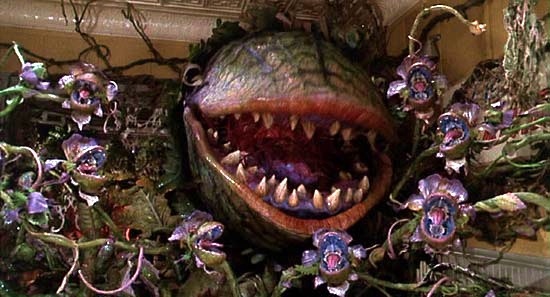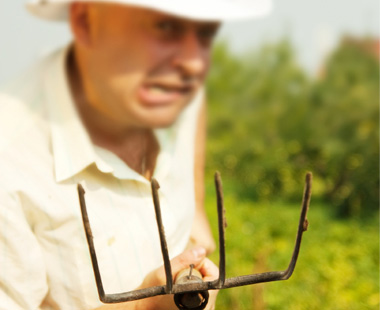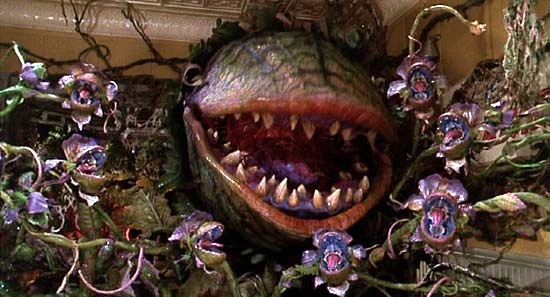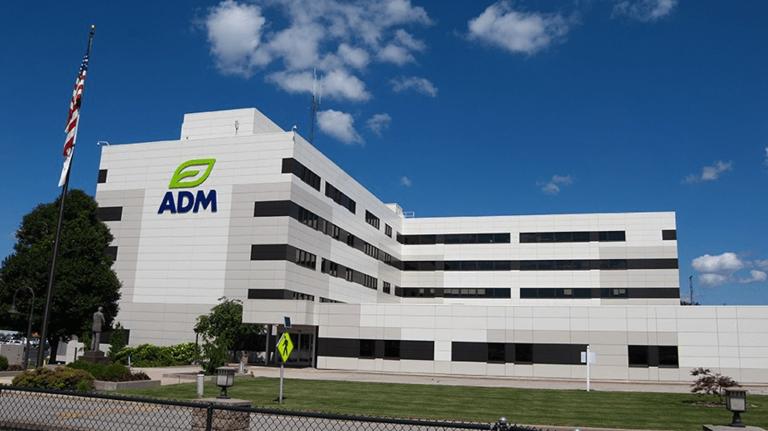
Acid rain apparently has one benefit: It gives carnivorous plants so much nitrogen that they no longer need to eat meat. A new study has determined that sundews in Swedish bogs are cutting back on their insect consumption, which is good news if you’re an insect or a human concerned about a Little Shop of Horrors scenario. Unfortunately, it’s actually bad news for the sundews.
The study, by researchers at Loughborough University, found that plants in areas with nitrogen-heavy rain got as little as 22 percent of their nitrogen from consuming insects — versus 57 percent for plants from more lightly polluted areas. When they’re soaking up most of their nutrients from acid rain, the plants actually rein in their carnivorous trappings; their sticky pads become less sticky, and their insect-baiting red color becomes less red. Researchers suspect that this allows plants to save energy — putting out the effort to catch flies they didn’t need for nutrition would be a waste.
So far, so good; plants get enough to eat, flies get to buzz free. Everybody lives. But, like most pollution stories, this one is probably going to end with an endangered species, says lead researcher Jonathan Millet:
“In the sites with more nitrogen deposition, these plants now get much more of their nitrogen from their roots, but they still have to bear the residual costs of being carnivorous, and other plants without these will be better able to survive,” Millet explained. “So it’s quite likely we’ll see less abundance and perhaps local extinctions from carnivorous species. The individual plants get bigger and fitter, but the species as a whole is less well adapted to high-nitrogen environments and will lose out over time.”
Oh well, guess we’d better keep fighting pollution after all. Although if our ultimate planetary doom does come from giant meat-eating flora, we’re all going to feel very silly.



